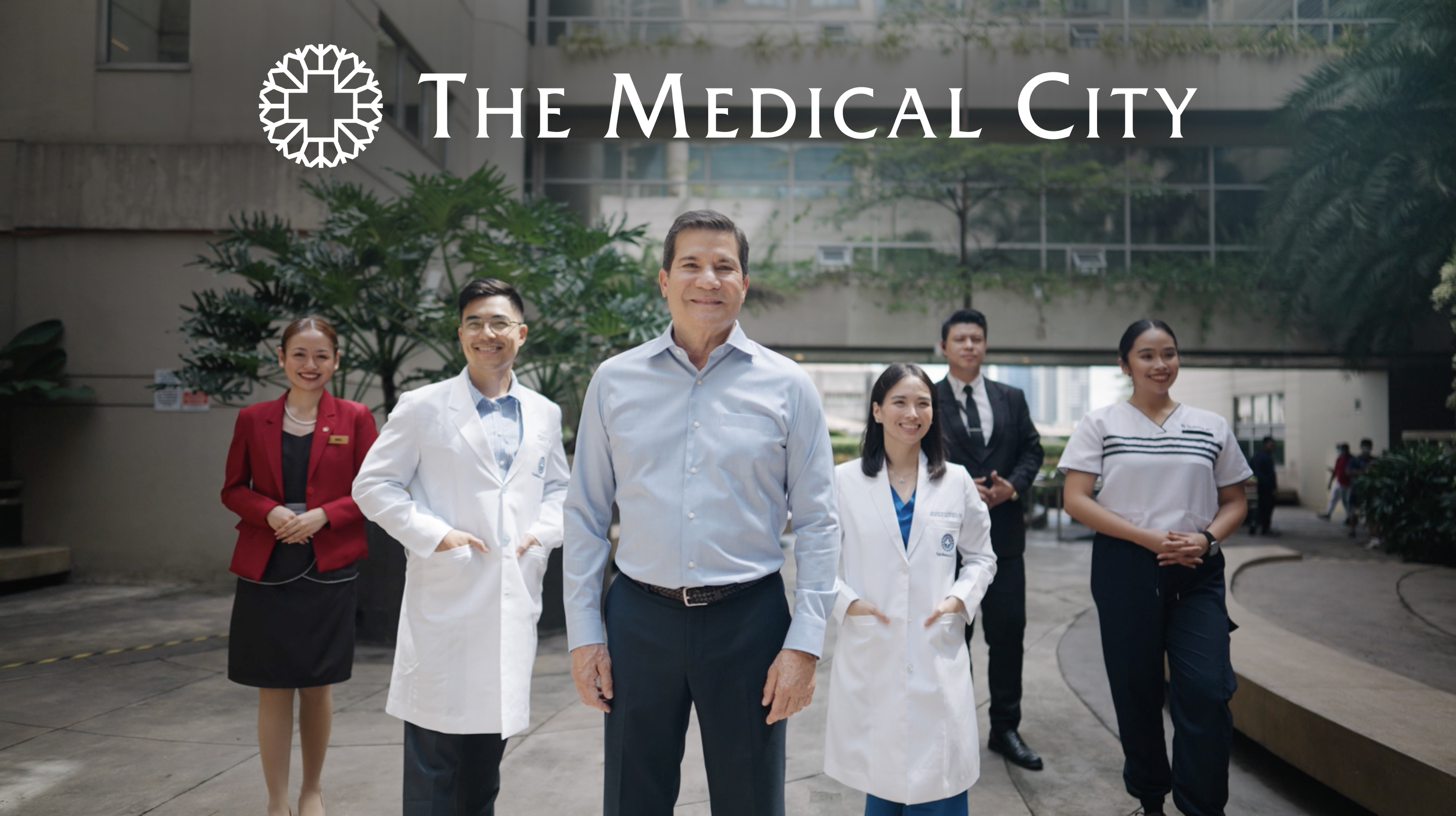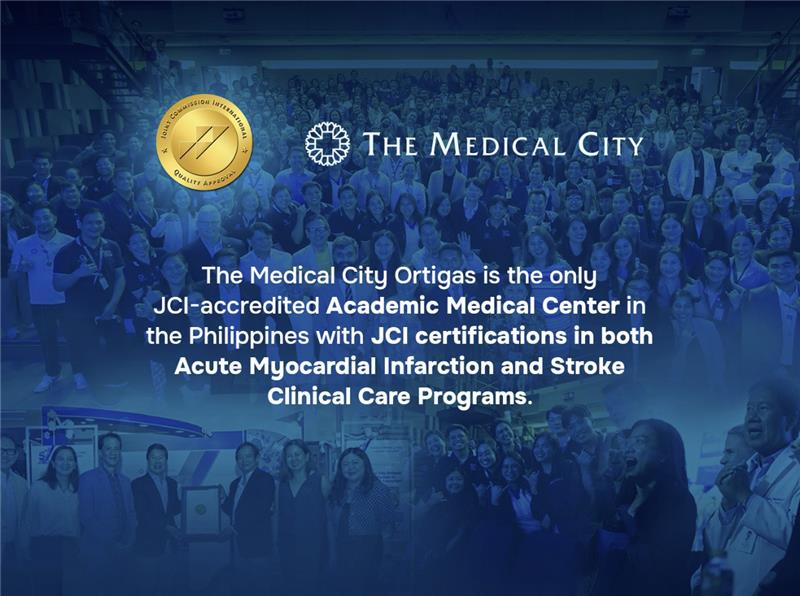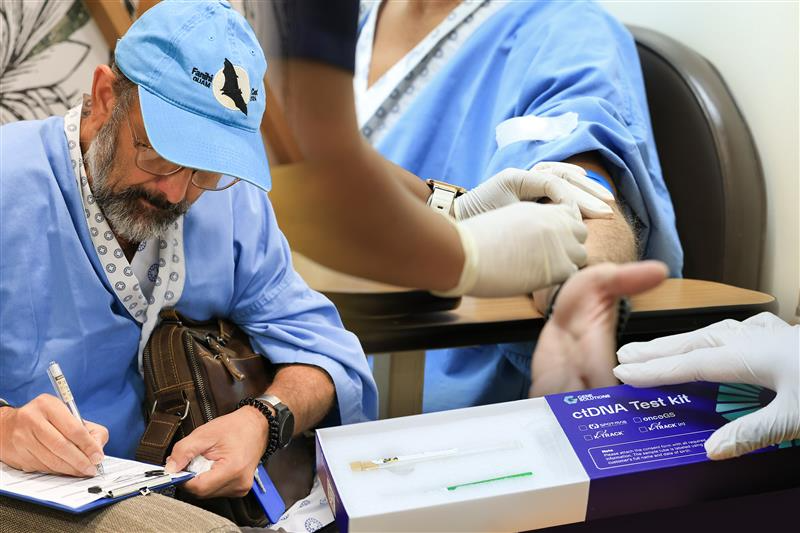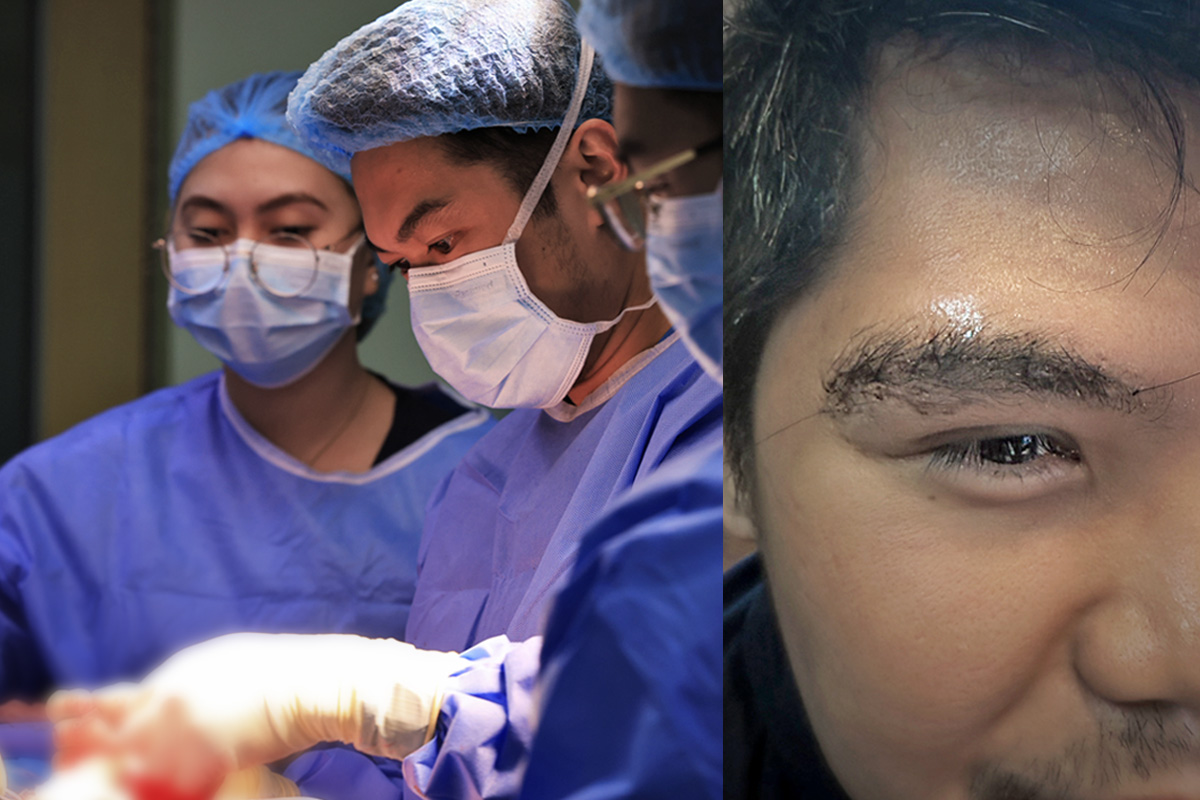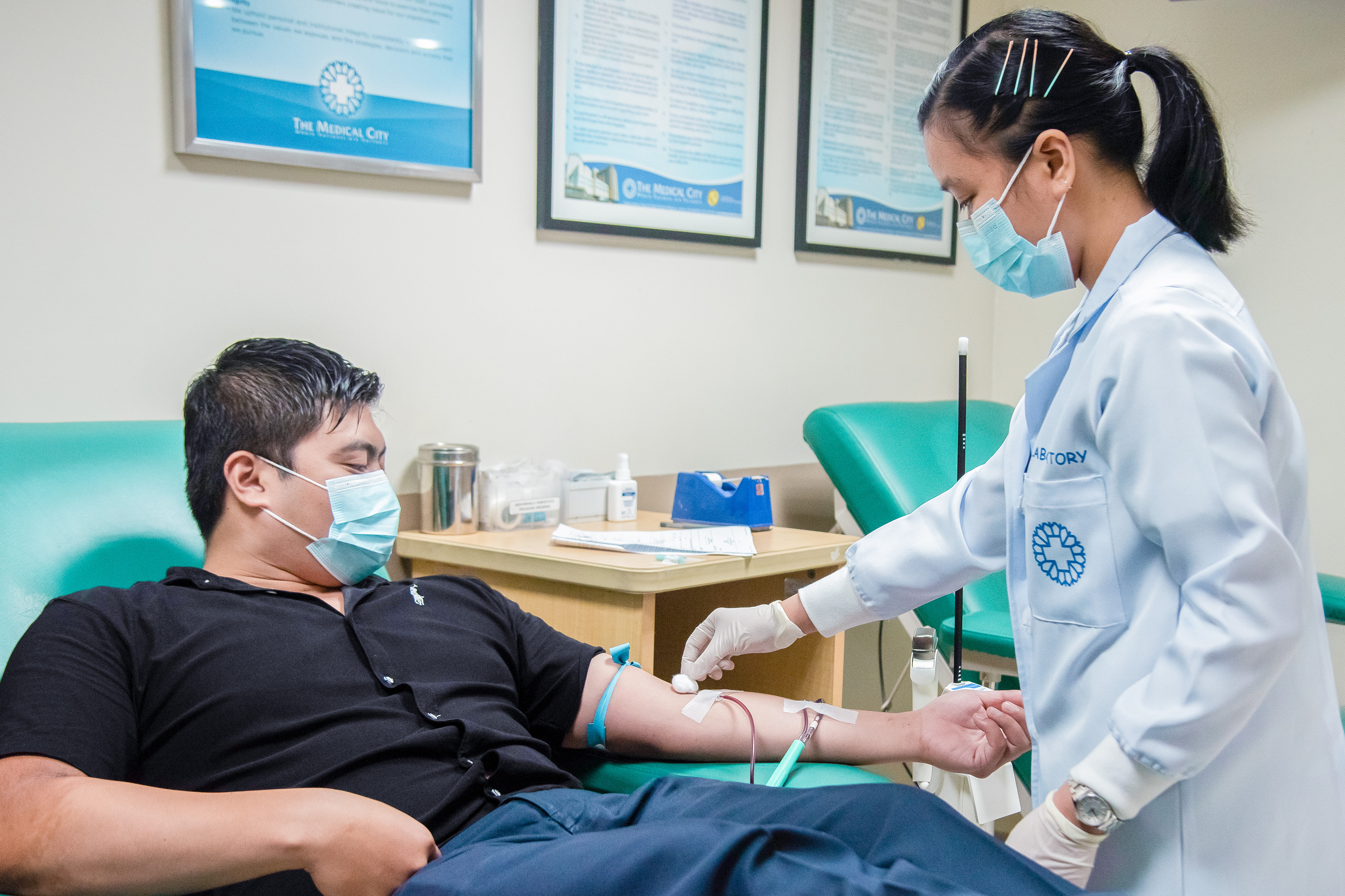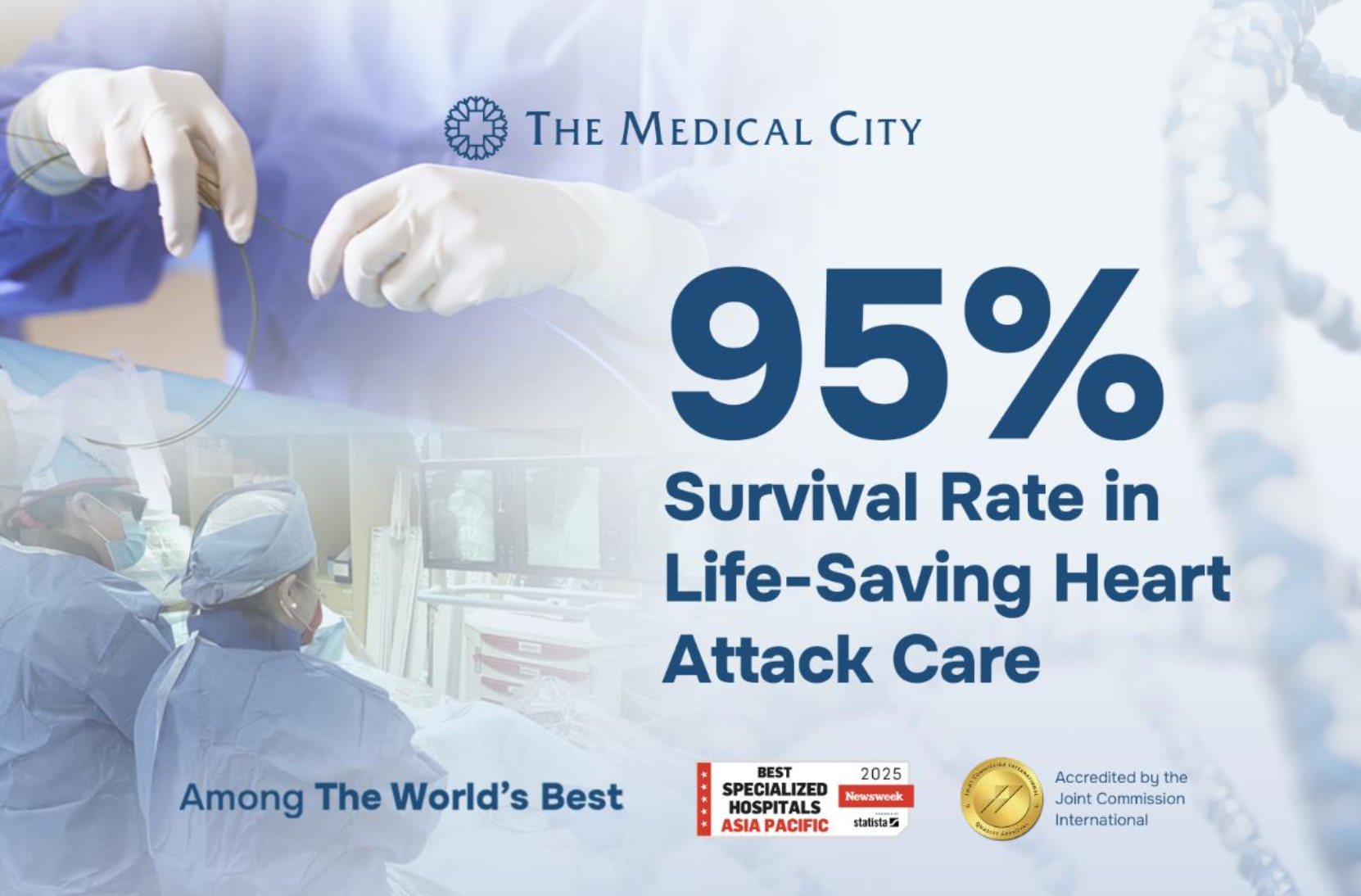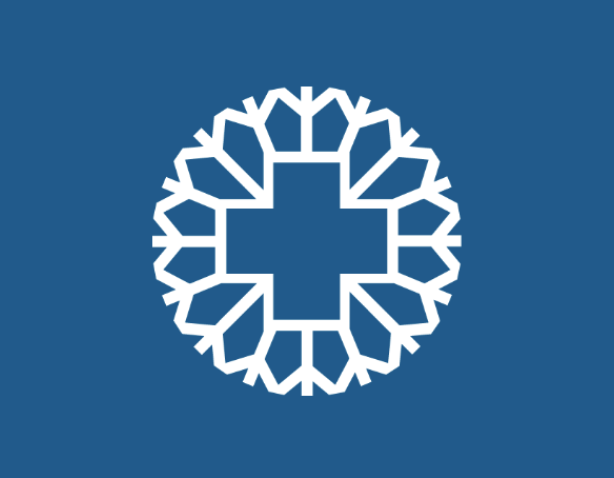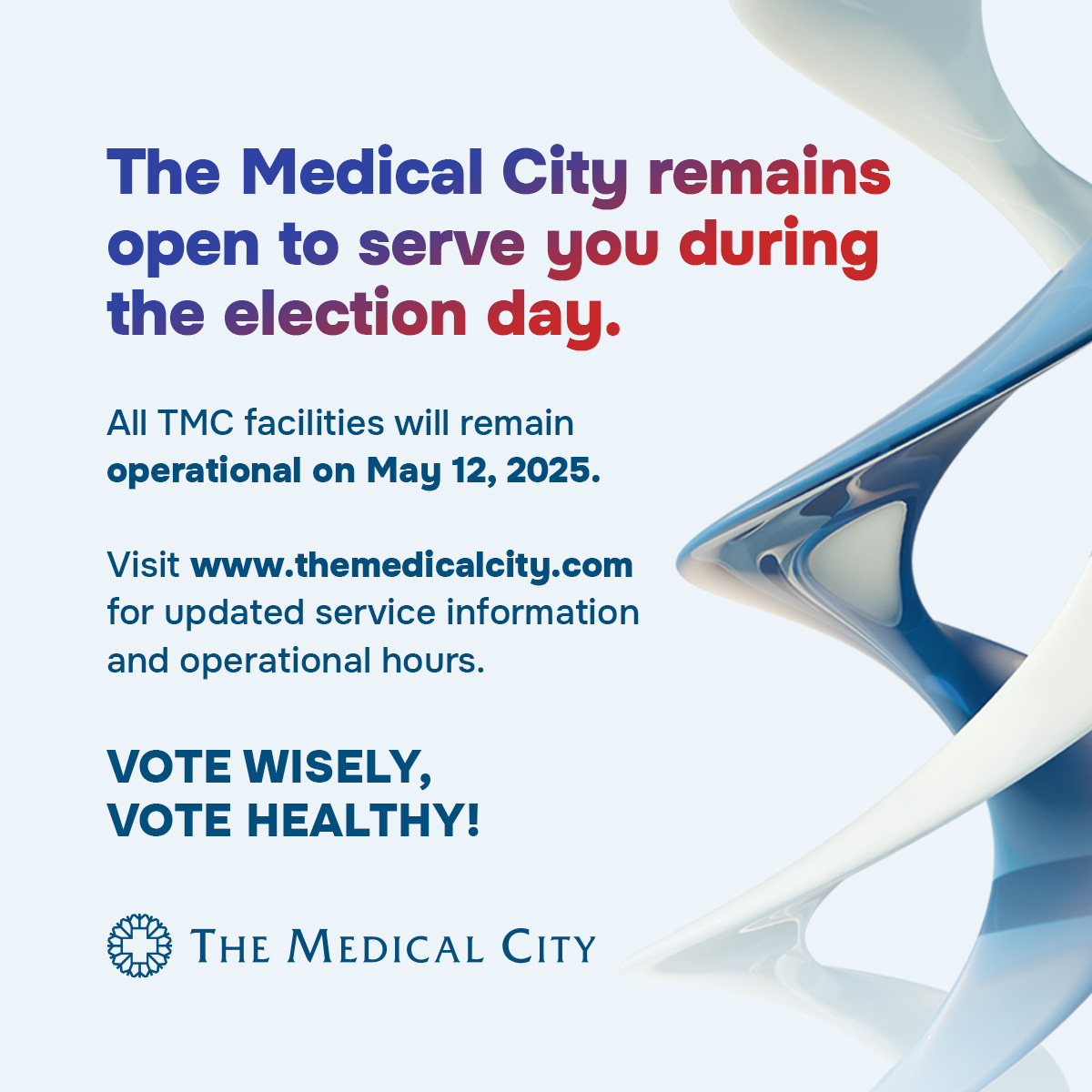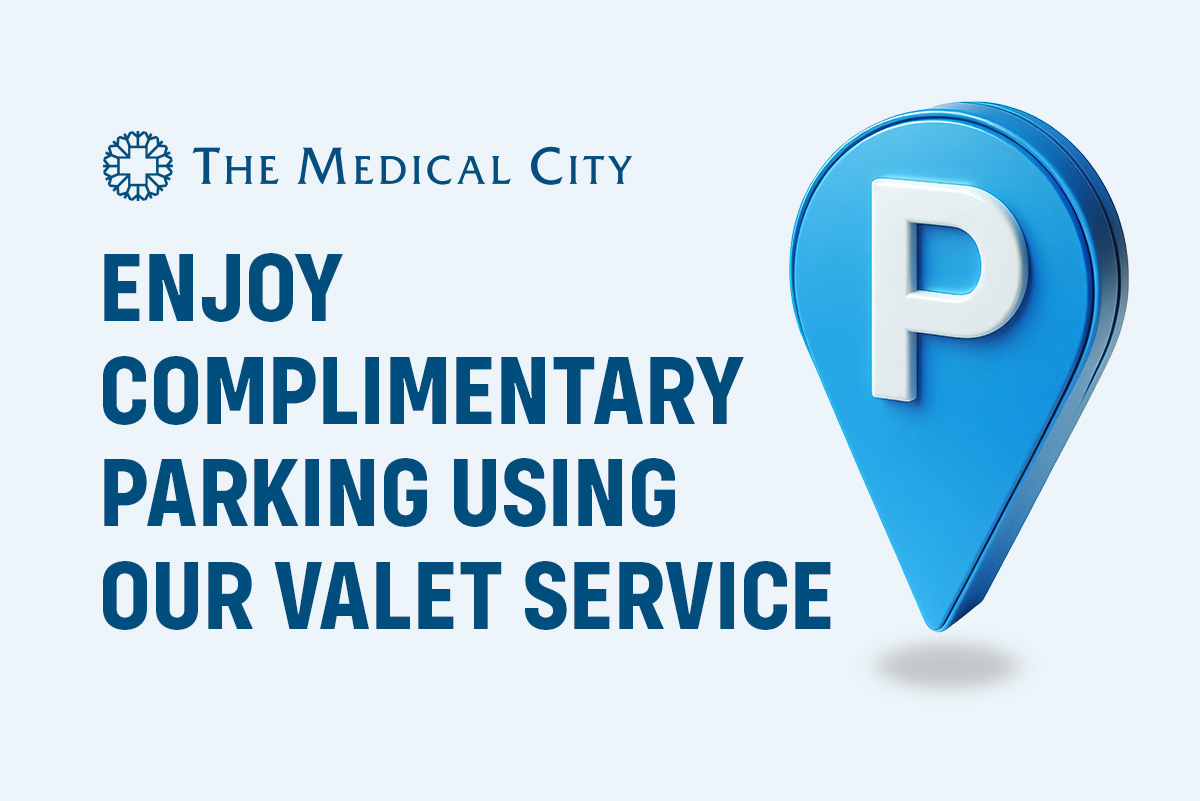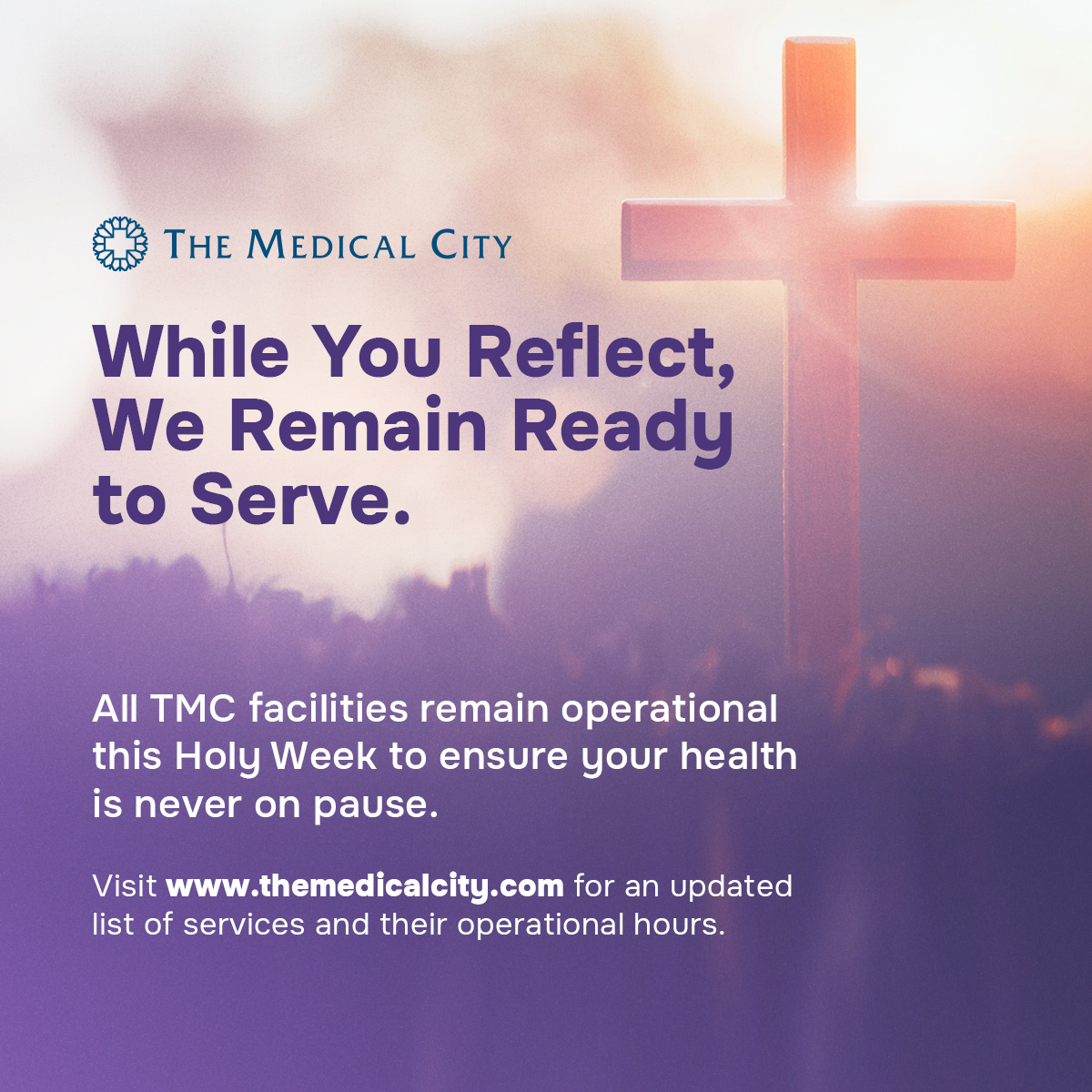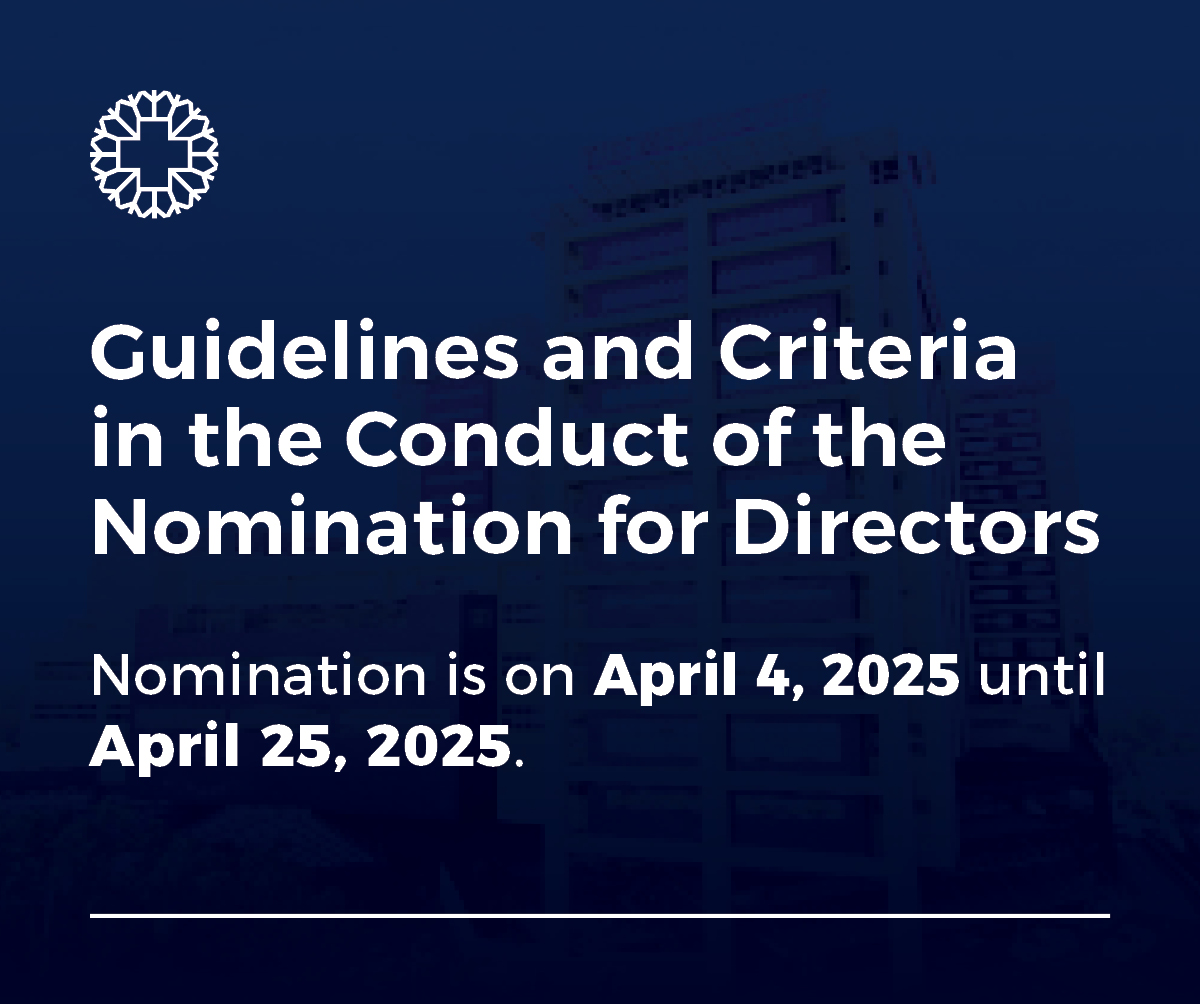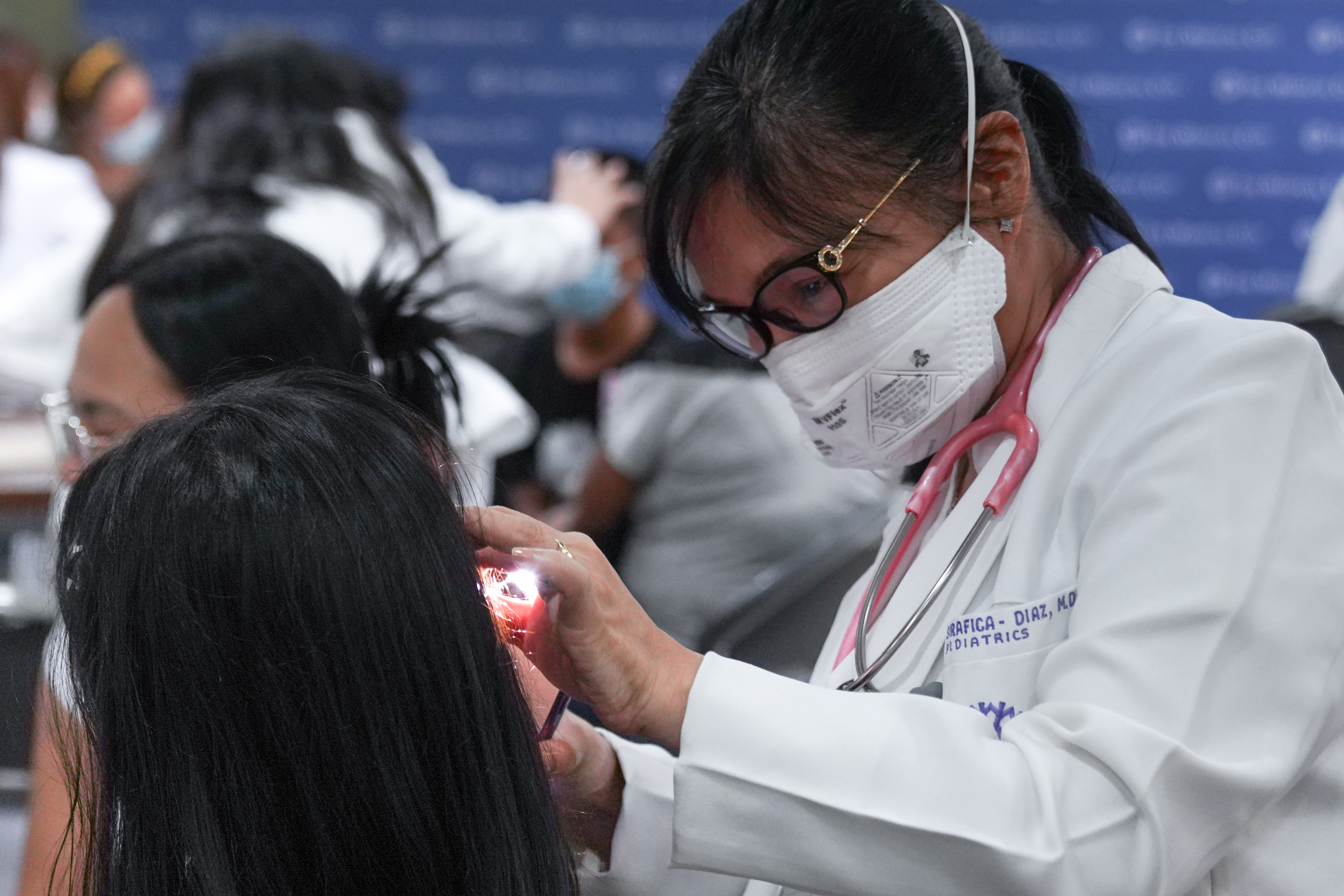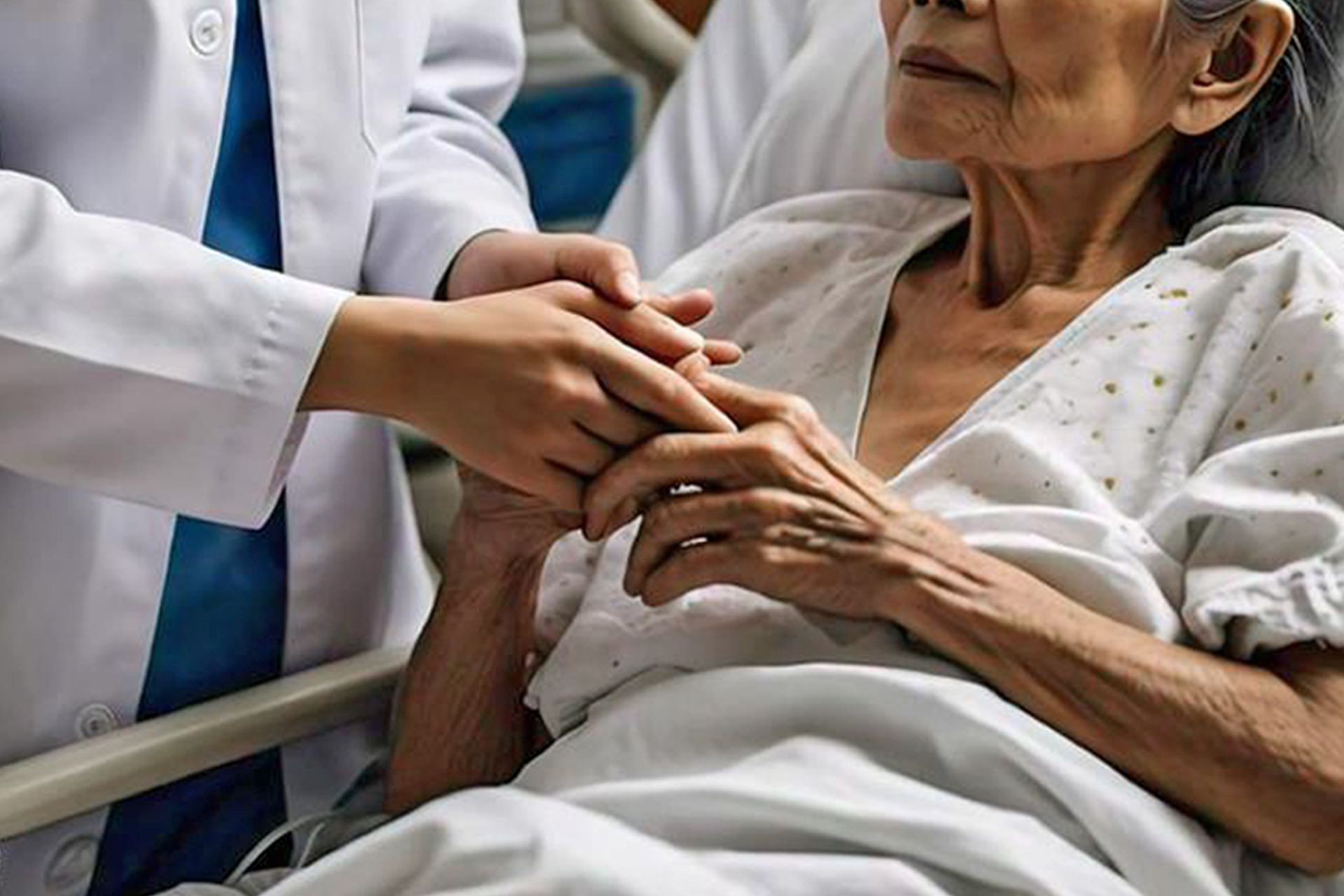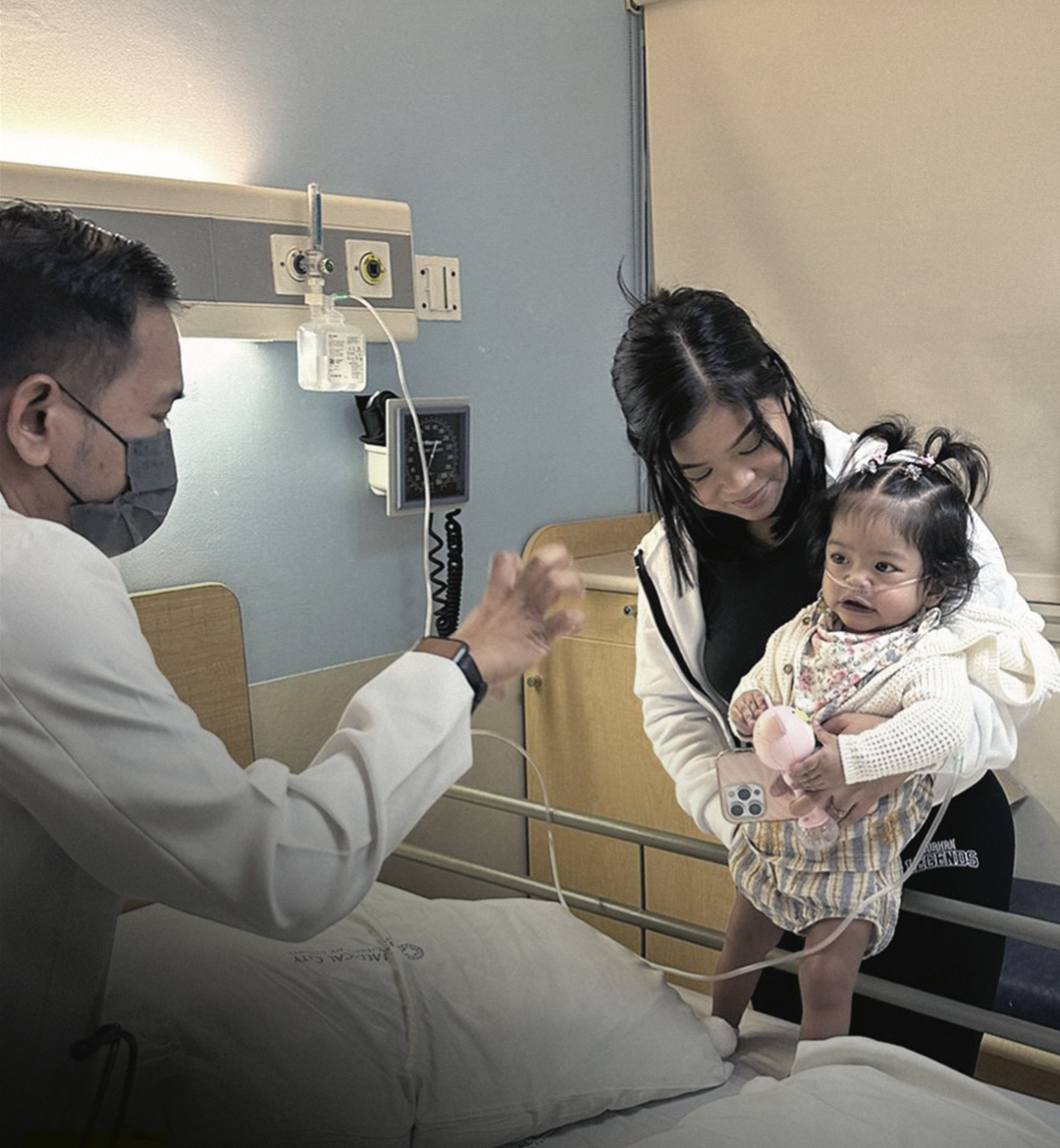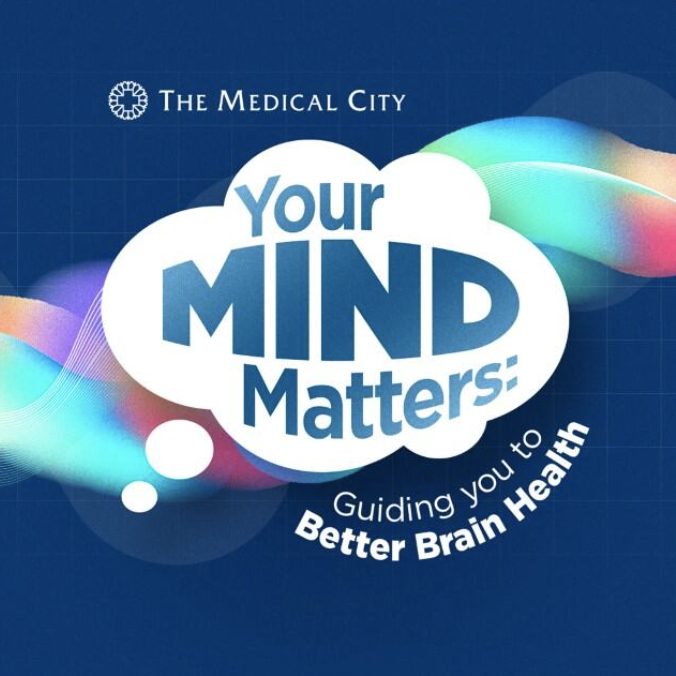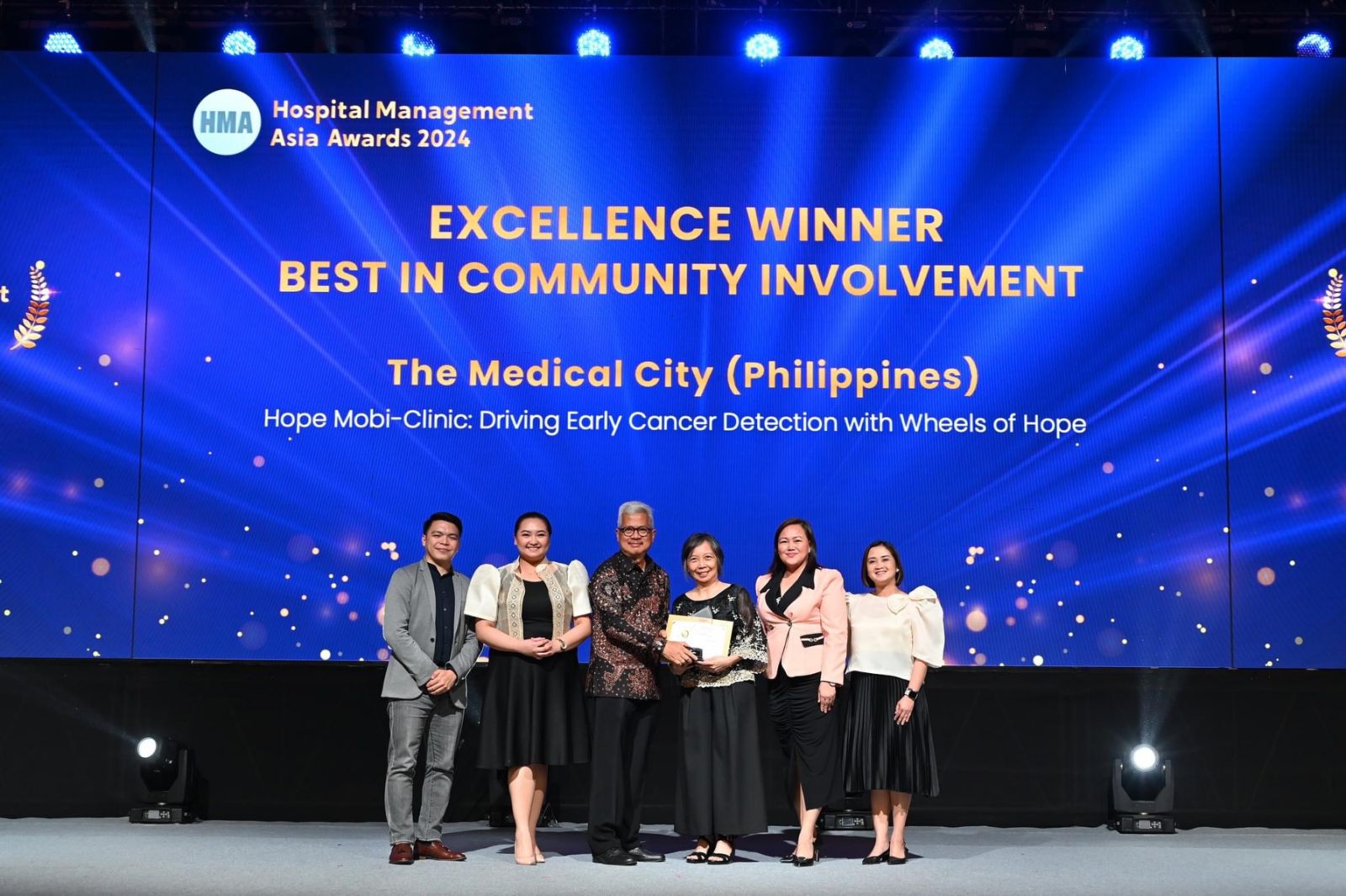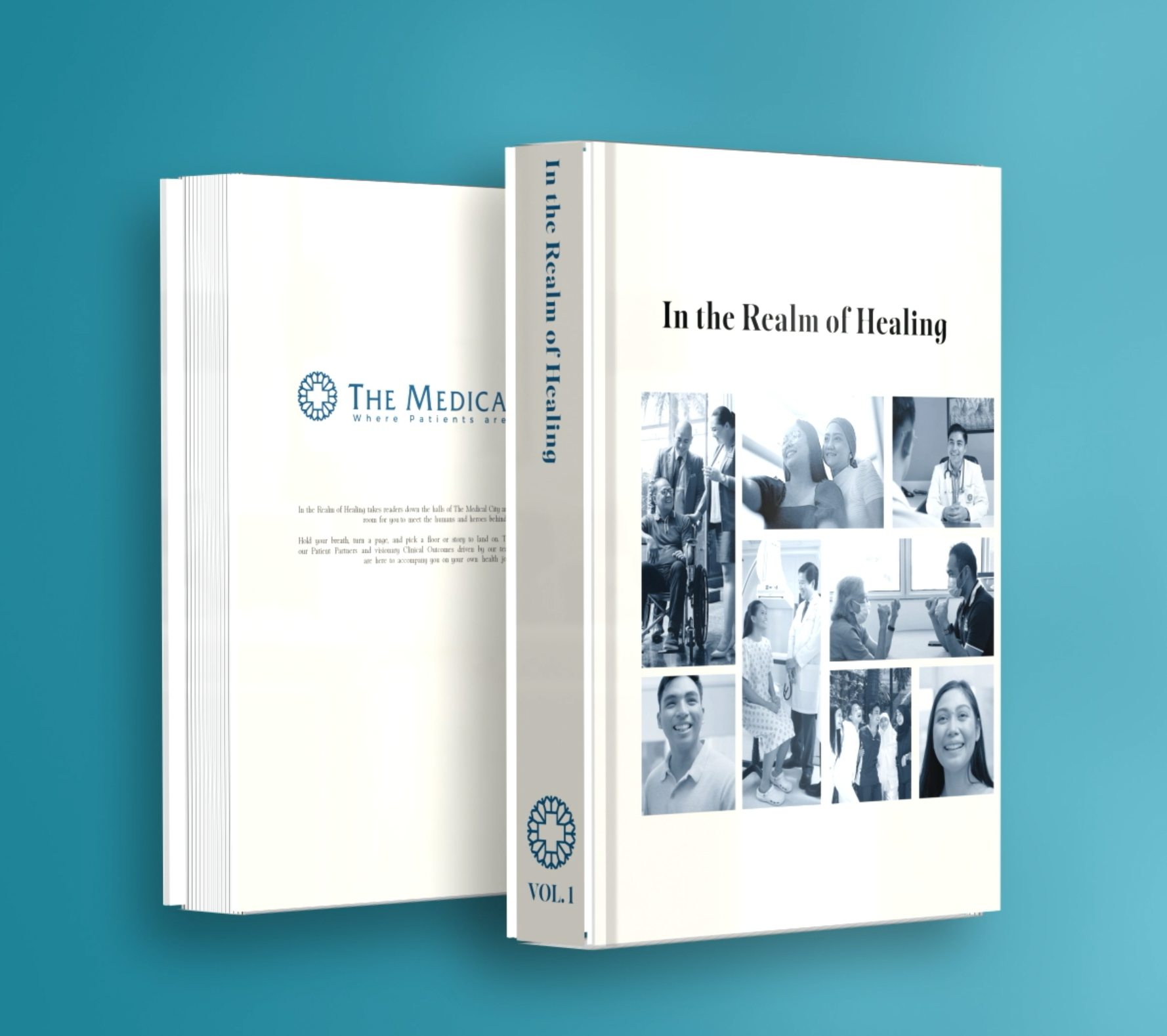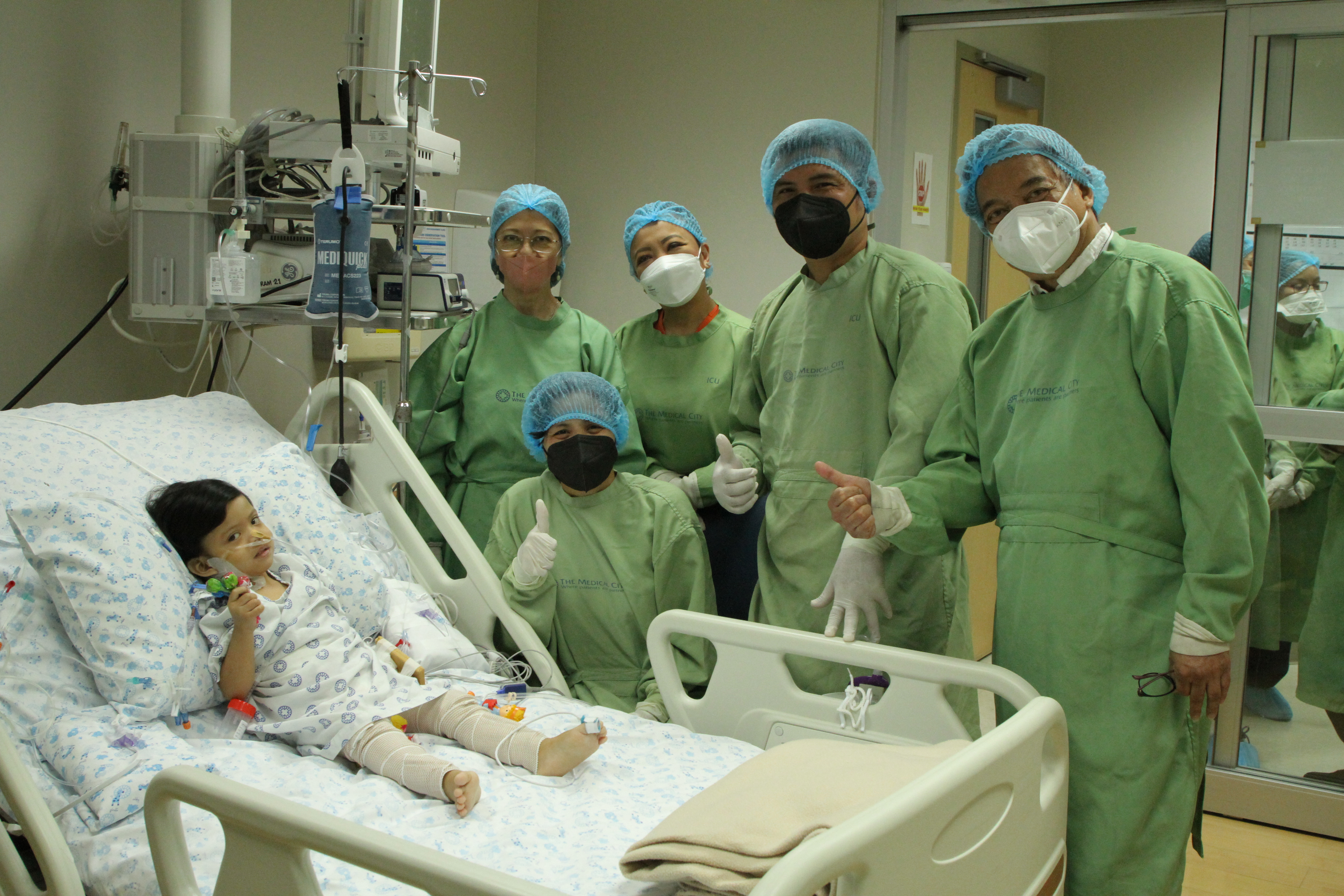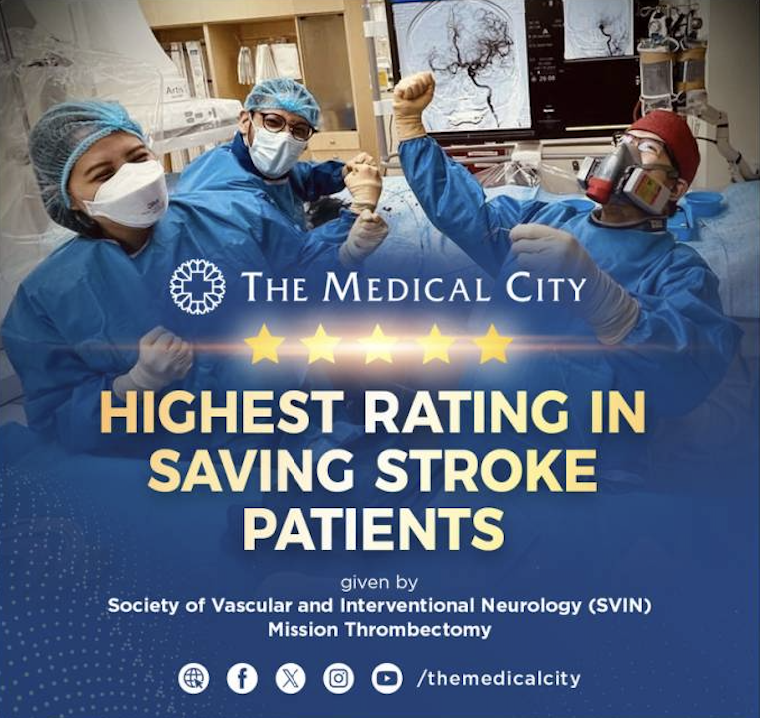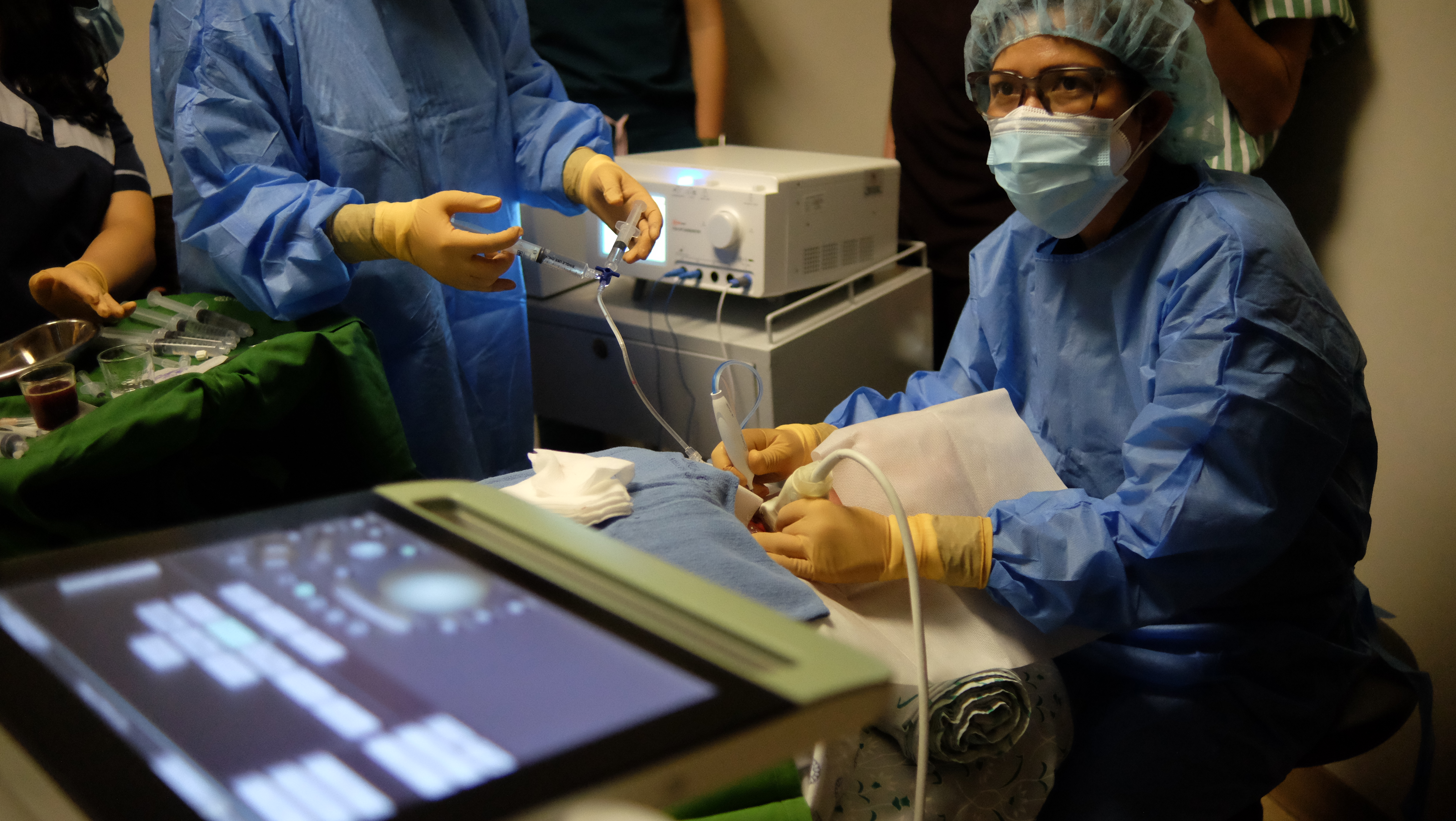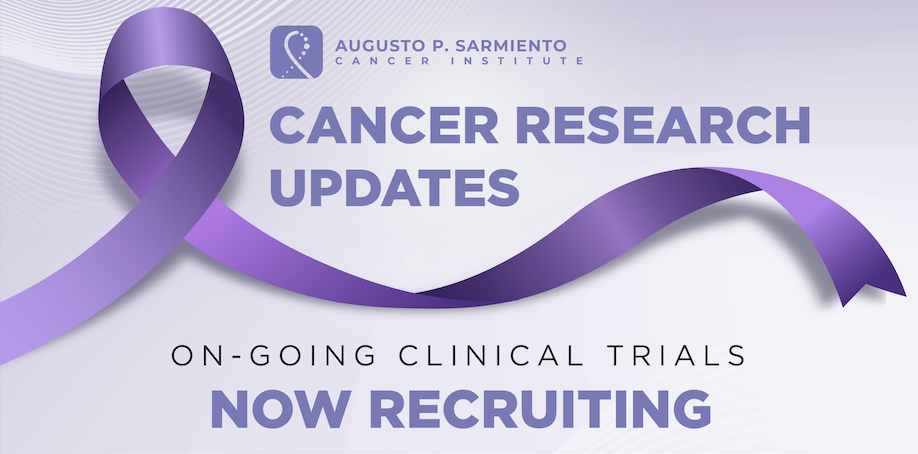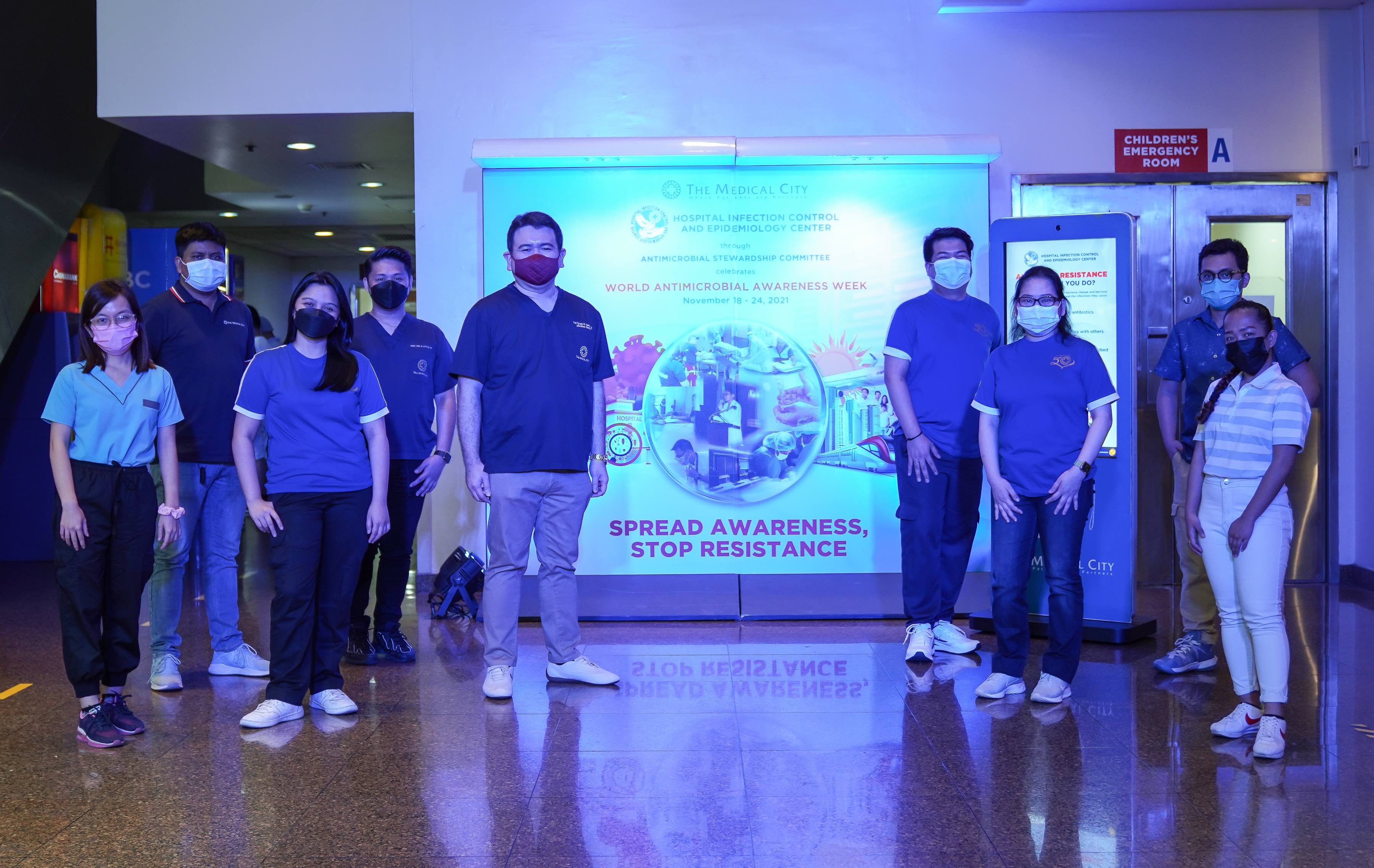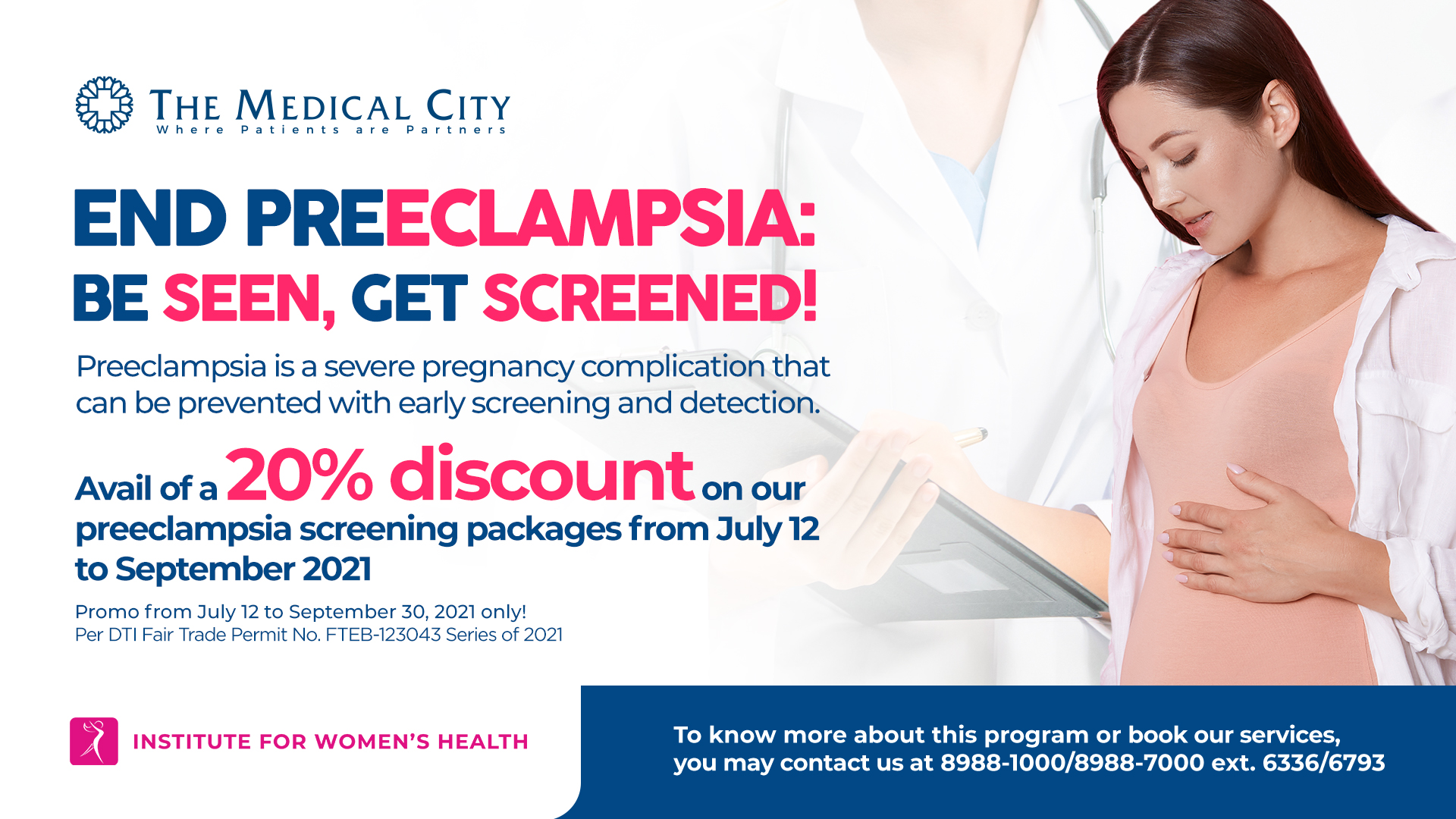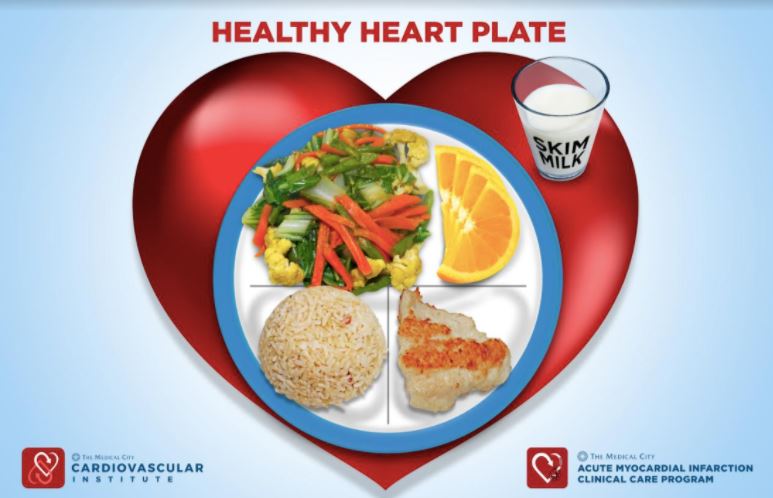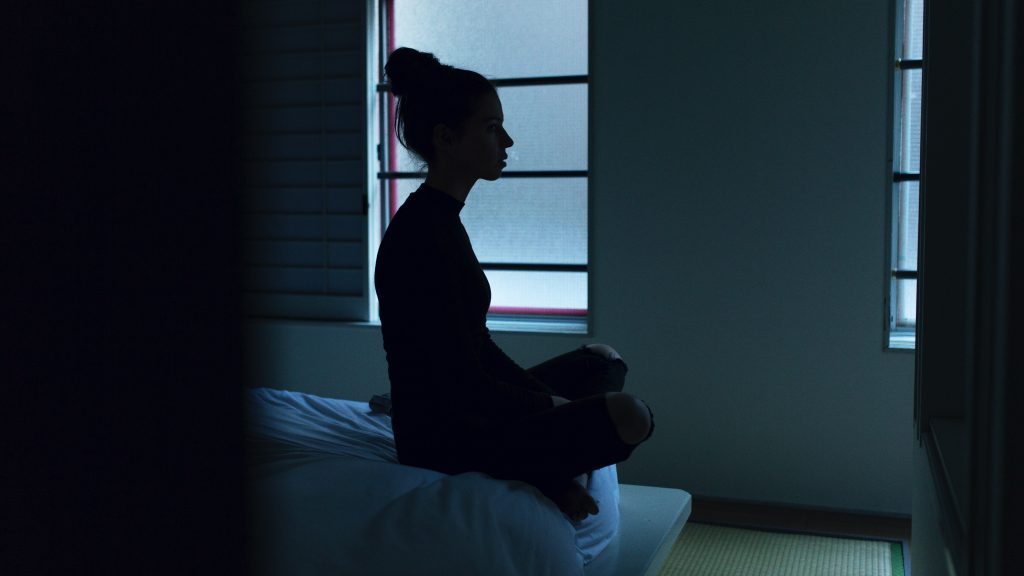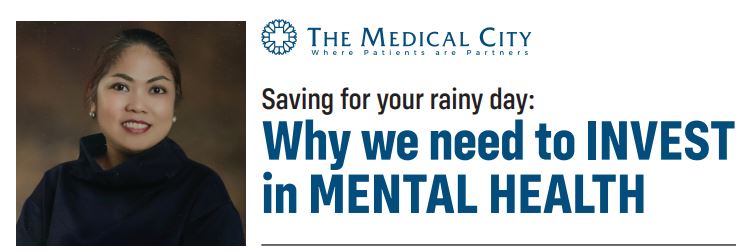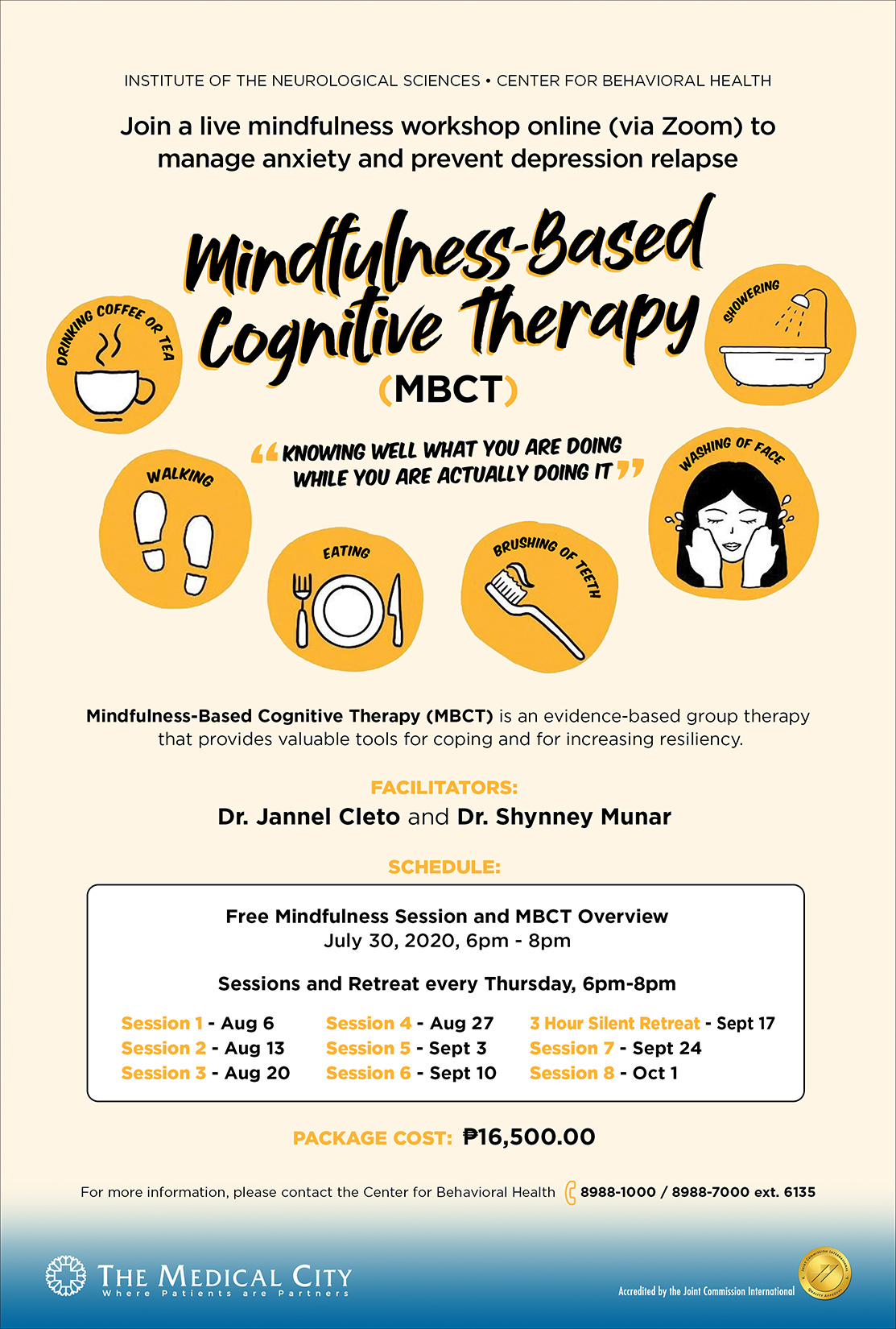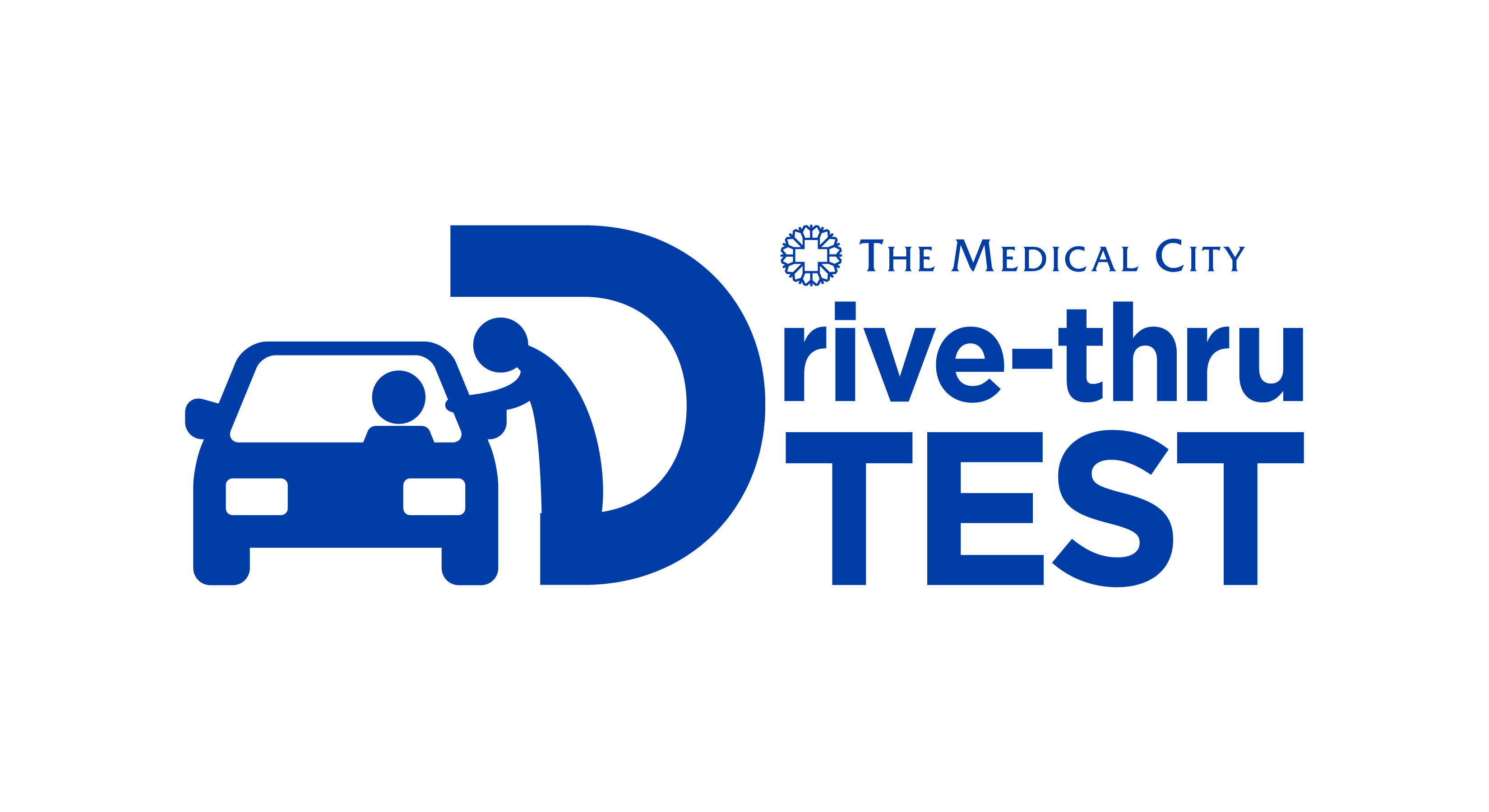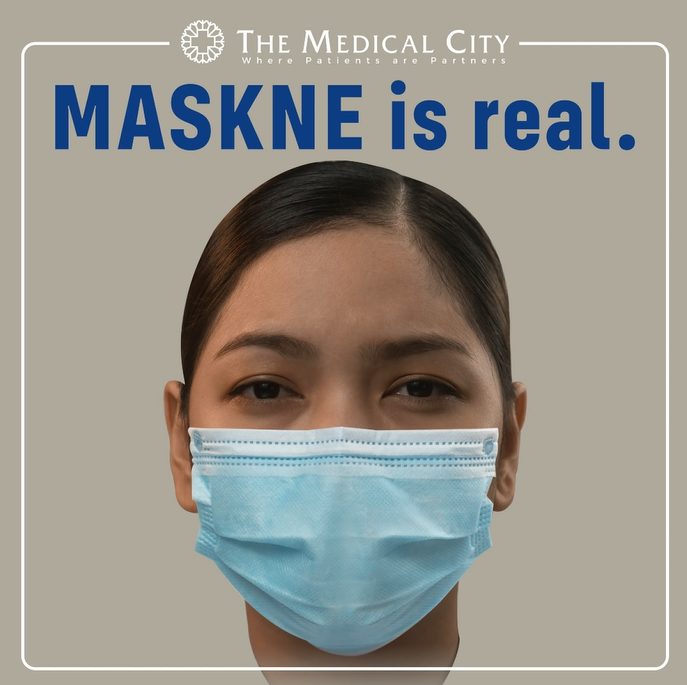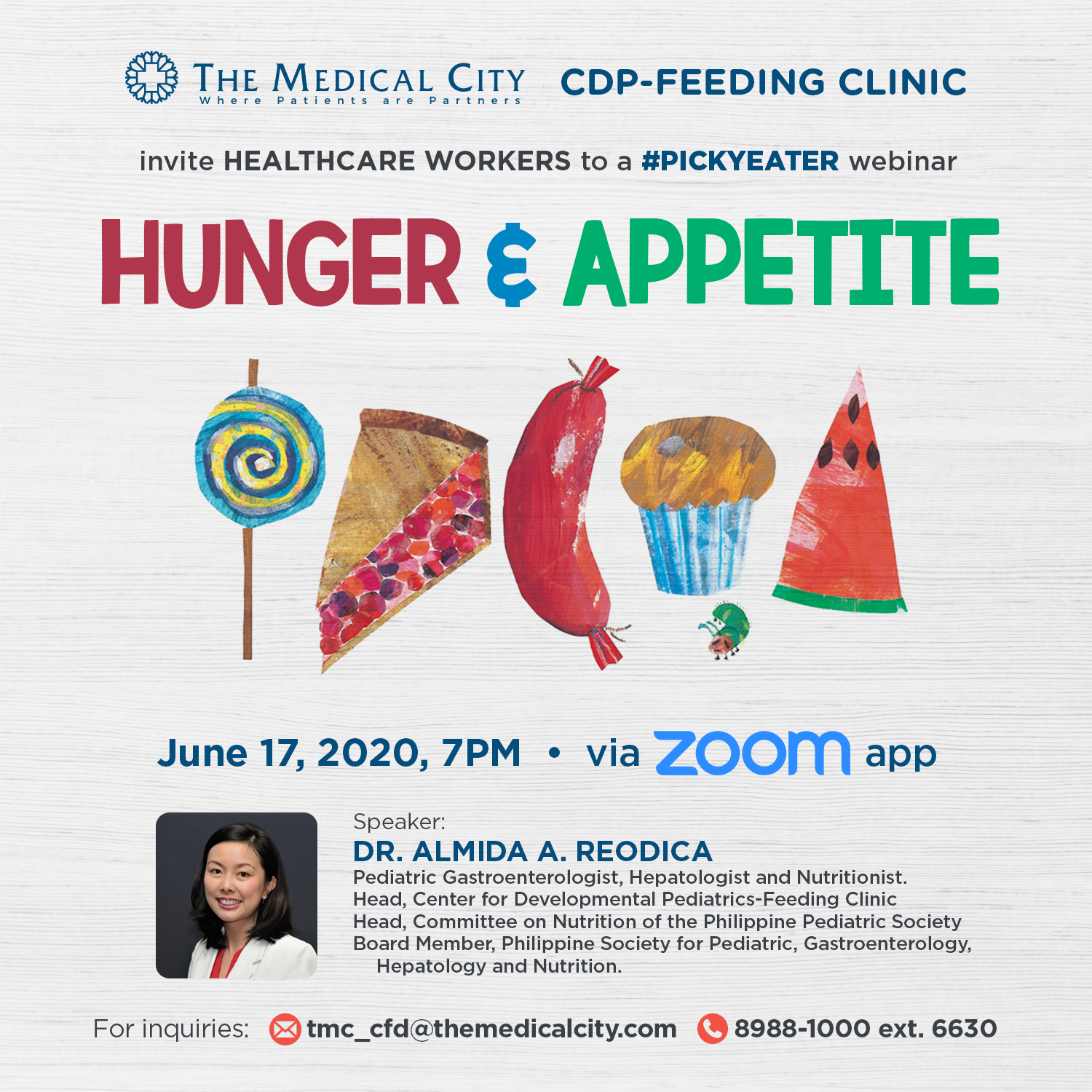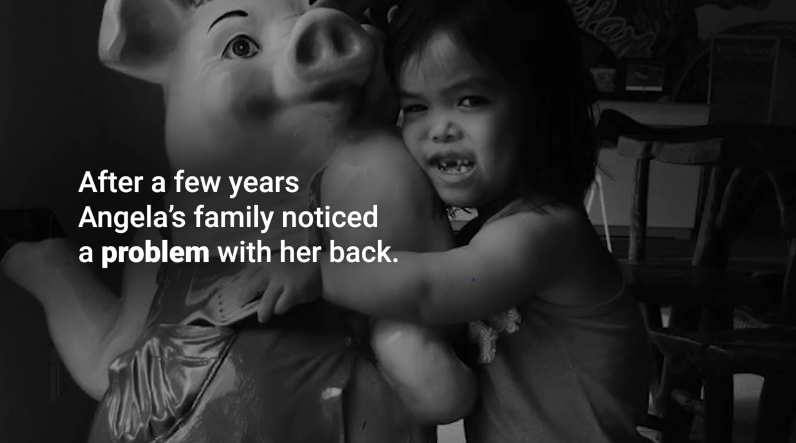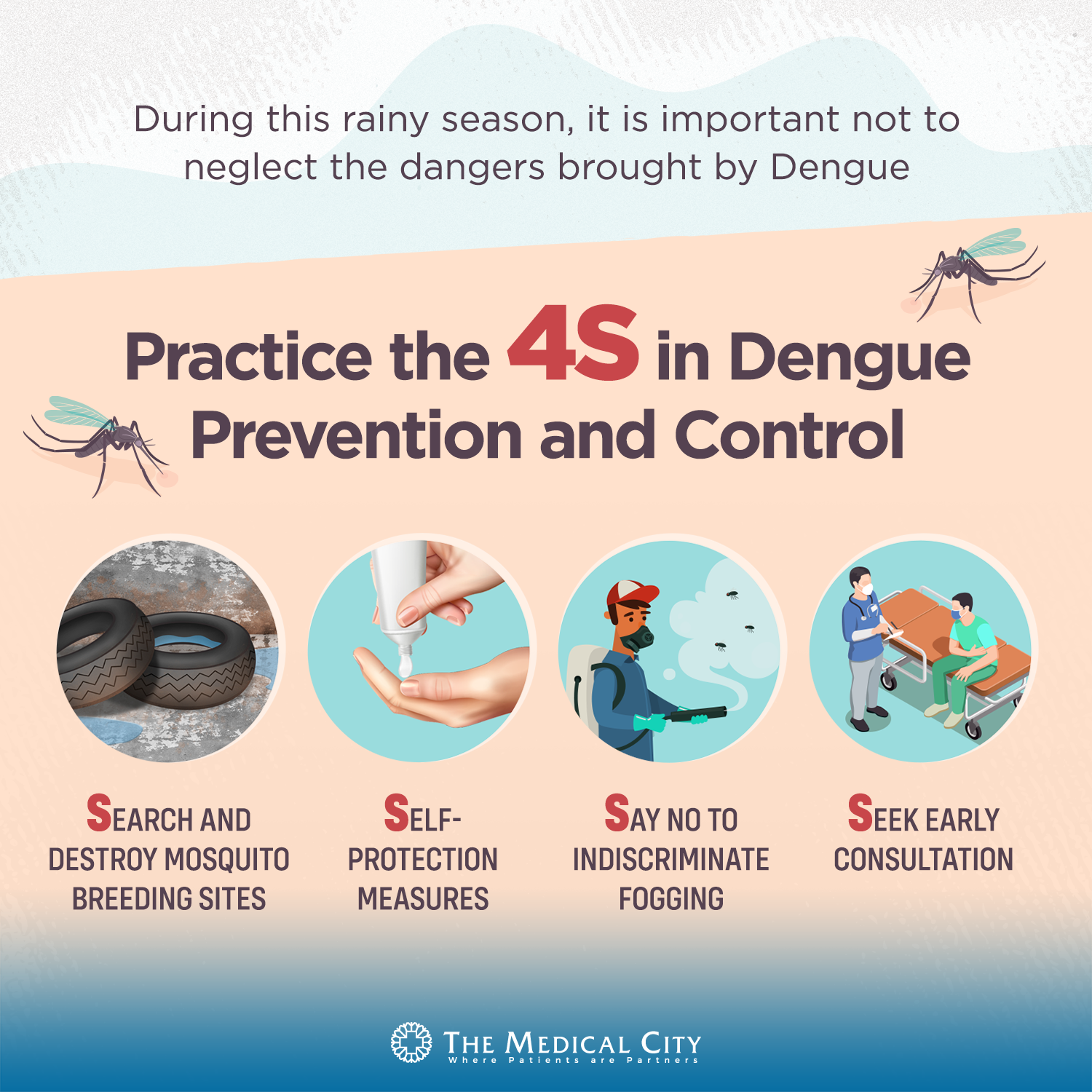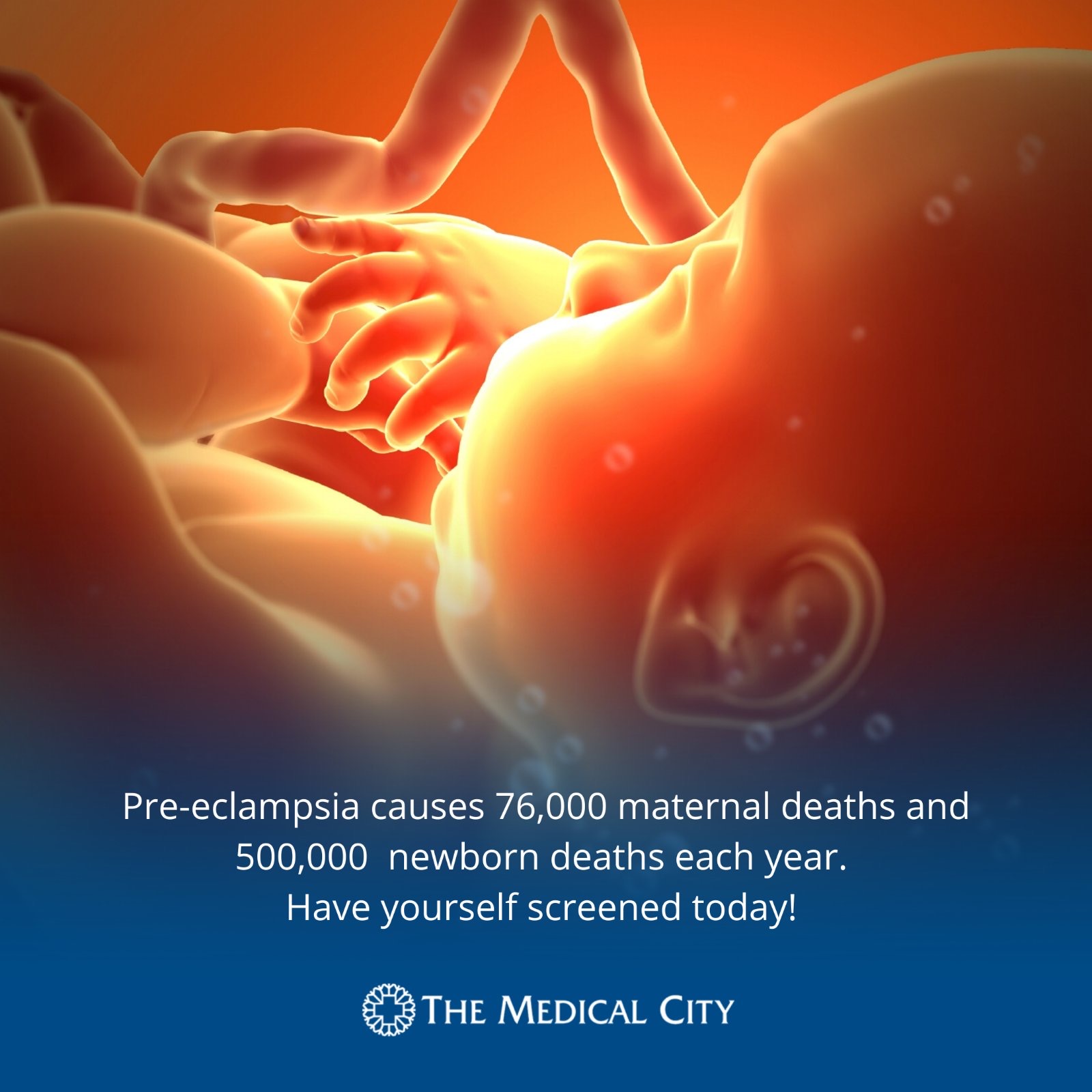COVID-19 Online Screening Tool: Answer on your smartphones or computers within 24 hours prior to your visit to The Medical City.
Warning Signs and Red Flags for Suicide
By The Medical City (TMC), Ortigas | September 10, 2020

Mental health experts are now concerned that the COVID-19 public health emergency could eventually lead to a mental health crisis, particularly affecting those who are at risk of depression, anxiety, self-harm, and suicide. This is because the pandemic may be stressful for some people. Dr. Imelda Batar, head of the The Medical City (TMC) Department of Psychiatry, cited the main sources of stress during this pandemic:
Close to 800,000 people die by suicide every year, according to the World Health Organization (WHO). Furthermore, for each suicide, there are more than 20 suicide attempts. Mental health experts say suicides are preventable and much can be done to prevent suicide at individual, community, and national levels.
Suicide is a serious global public health issue. It is among the top twenty leading causes of death worldwide, with more deaths due to suicide than malaria, breast cancer, or war and homicide.
The cause of suicide is unknown but there are common risk factors which include major psychiatric illness - in particular, mood disorders such depression, bipolar disorder, schizophrenia; substance abuse; losing hope or the will to live; significant losses in a person's life, such as the death of a loved one, loss of an important relationship, loss of employment or self-esteem, and unbearable emotional or physical pain.
COVID-19 and depression
Mental health experts are now concerned that the COVID-19 public health emergency could eventually lead to a mental health crisis, particularly affecting those who are at risk of depression, anxiety, self-harm, and suicide.
This is because the pandemic may be stressful for some people. Dr. Imelda Batar, head of the The Medical City (TMC) Department of Psychiatry, cited the main sources of stress during this pandemic:
- Uncertain prognoses
- Severe shortages of resources for testing and treatment, and for protecting frontliners from infection
- Imposition of unfamiliar public health measures that infringe on personal freedoms
- Growing financial losses
- Conflicting messages from authorities and other sources
- Virus and illnesses caused by the virus
- Quarantine and isolation
However, these public health measures are necessary to reduce the spread of COVID-19.
It is now more important that we all learn to recognize the warning signs of suicide. Such recognition -- combined with expressing concern and assisting the person with the next step toward getting professional help -- may be lifesaving.
The warning signs for suicide include the following (adapted from the list on the American Foundation for Suicide Prevention):
- Talk or Written Words about: Killing Self/Suicide, Hopelessness, No Reason to Live, Being a Burden on Others, Feeling trapped, Unbearable Pain
- Behaviors: Increased use of alcohol or drugs, Withdrawal from usual activities, Searching for way to end life, Isolating from family or friends, Highly worrisome changes in behavior
- Mood: Depression, Anxiety, Loss of interest, Irritability, Humiliation/Shame, Agitation/Anger, Relief/Sudden Improvement
Other red flags are changes in appetite, sleep disturbance, and anhedonia or reduced ability to experience pleasure.
If you are concerned for a friend or family member, share your concern with this person, noting that you care for him or her. It is recommended that you to listen to and validate the person’s emotional pain, ask if he or she is having thoughts of suicide, and stay with the person until he or she is linked with needed help or with another person who will assist them in getting such help.
Related services available at The Medical City
The Medical City Department of Psychiatry, being the only private institution in the country that offers complete psychiatry subspecialties, takes a more active role in addressing the growing mental health needs of the country. Hence, the Center for Behavioral Health (CBH) was established.
The CBH is the first in the country to offer services that cover the entire continuum of mental health care – from wellness to illness; from assessment to early recognition, to therapeutic intervention to home care; from care that necessitates one therapist to care that necessitates shared responsibility among several team members; from individual therapy to group therapy, and from promotive to preventive care. The CBH is headed by Dr. Mary Daryl Joyce Lindo-Calleja. For inquiries, please call 8-9881000 ext. 6135.
References:
Related News SEE ALL NEWS

Health
The Gift of a Second Life
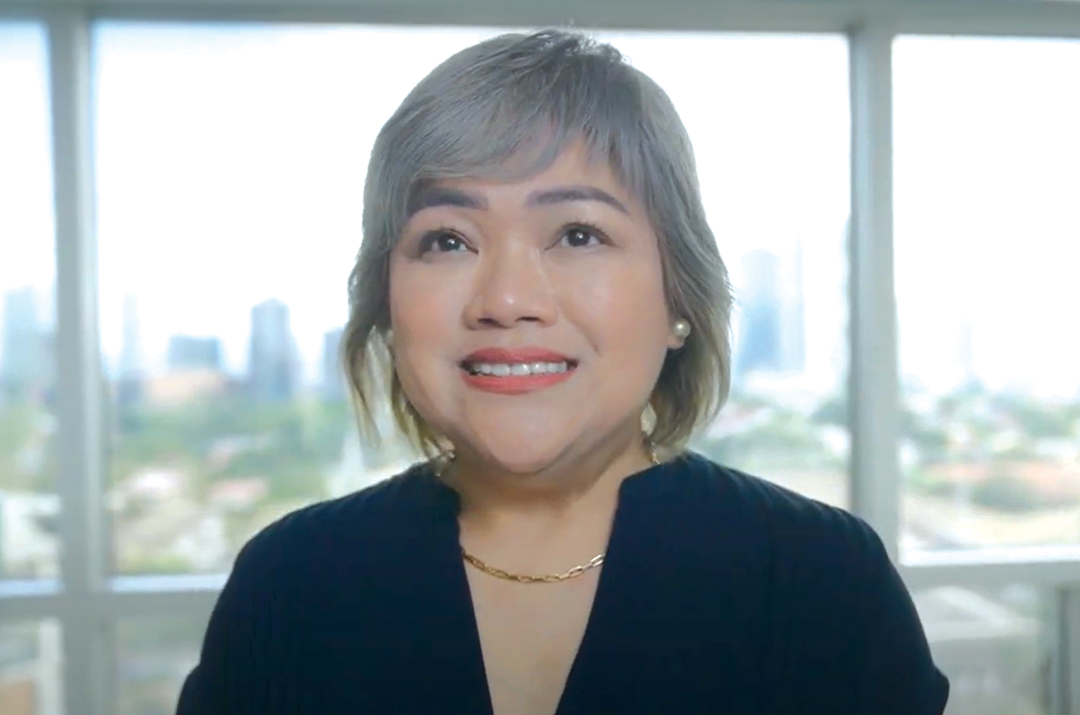
Health #MyTMCExperience Press Room
She Thought It Was Just Heartburn—It Was Actually a Heart Attack

Health Research
Tissue Engineering for a Future without Organ Shortages
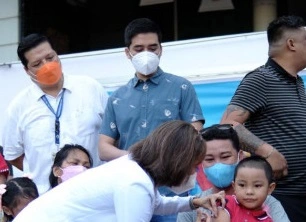
Health Press Room
Chikiting Ligtas: Addressing the Gap in Immunization Coverage

Health Corporate
Notice to the Shareholders of Professional Services Inc. (PSI)

Health Corporate
Notice to the Shareholders of Professional Services Inc. (PSI)

Health Corporate
Notice to the Shareholders of Professional Services, Inc. (PSI)

Health #MyTMCExperience
Friendship goals: See the world better, TOGETHER

Health #MyTMCExperience
#MyTMCexperience: Rod Cruz

Health TeleHealth COVID-19
Back to Health, Back to the City

Health Corporate Advisories
Notice of Annual Meeting of Stockholders

Health Corporate
Pedalling through Safety

Health
Diabetes and COVID-19

Health
FAQs on Patient Portal

Health
2021 Holy Week Schedule
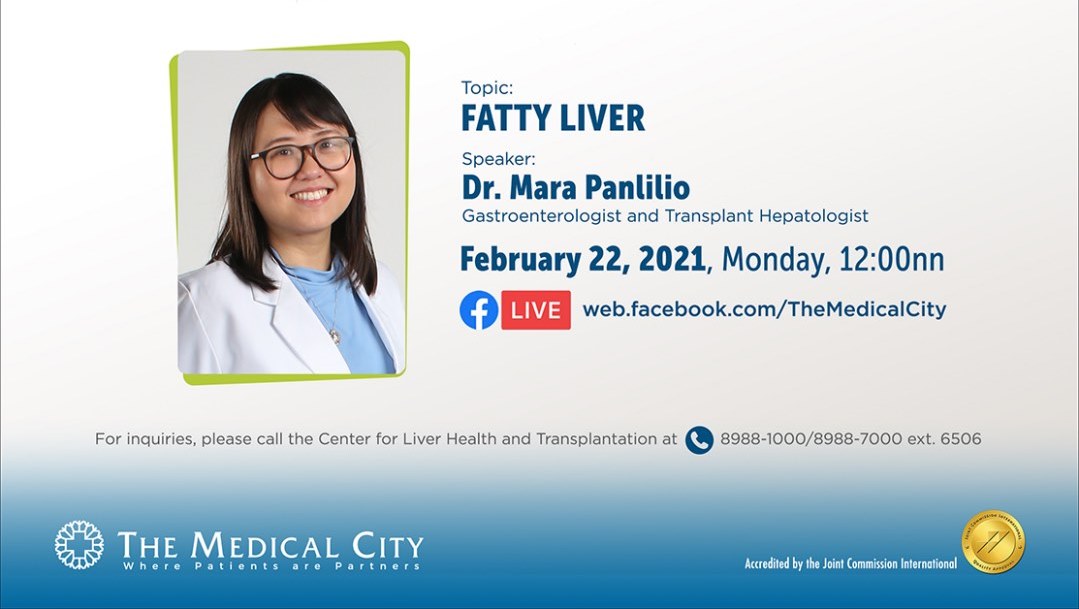
Health
How serious is fatty liver?

Health Desk of the President
Oxford Business Group: The Report 2021 - Addressing the Gaps

Health TeleHealth
Need an advice from an Orthopedic Specialist?

Health
Welcome 2021 in good health

Health
Change Your 2020 Vision

Health COVID-19
Convalescent Plasma Donation for COVID–19 Survivors

Health
FAQs on TMC Drive-thru Lab

Health
Be in and out in 90 minutes

Health
Schooling in the New Normal
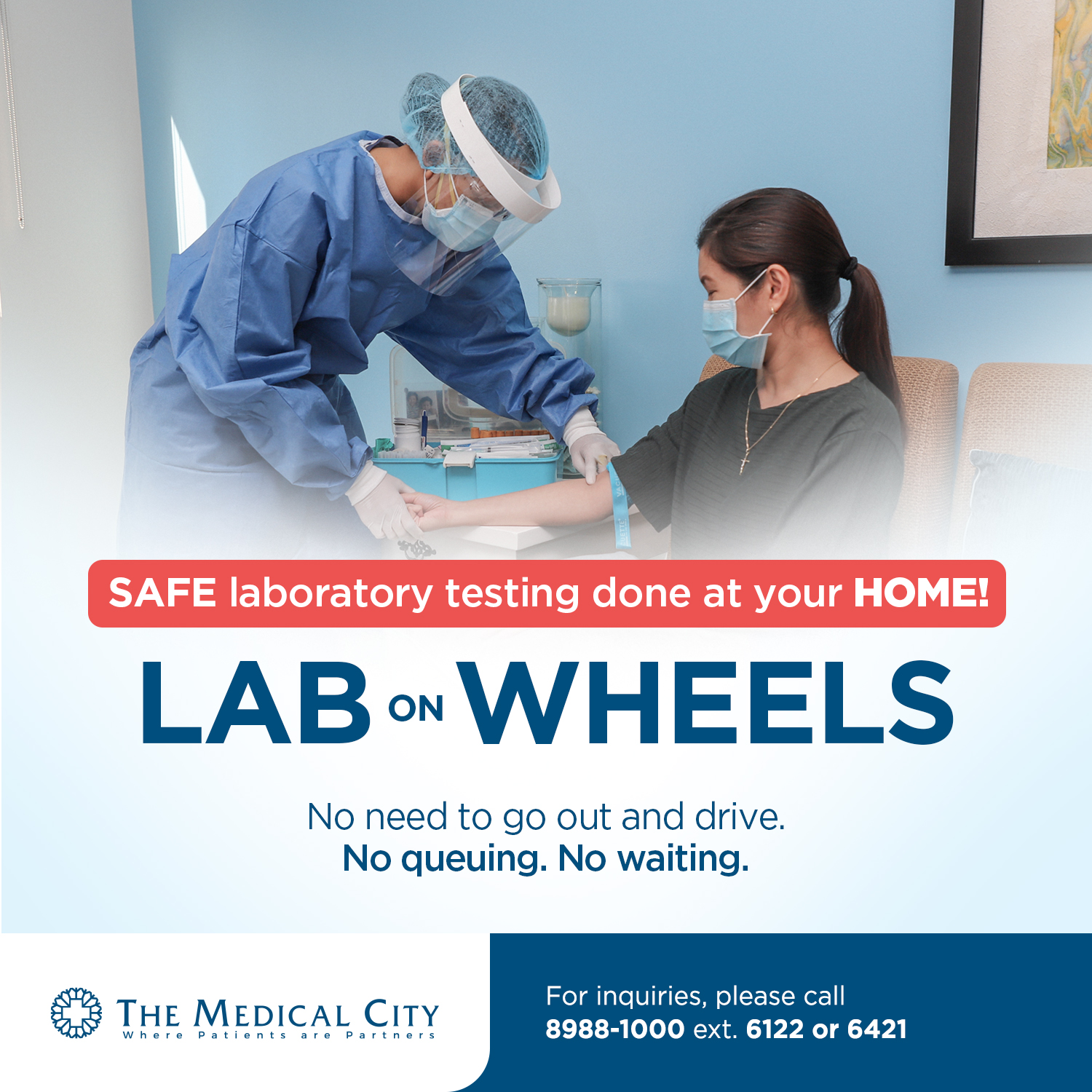
Health
TMC Lab on Wheels

Health
Autism

Health
Eye Health in Computer Work

Health
Speech Delay
Copyright © 2020 The Medical City. All rights reserved.


